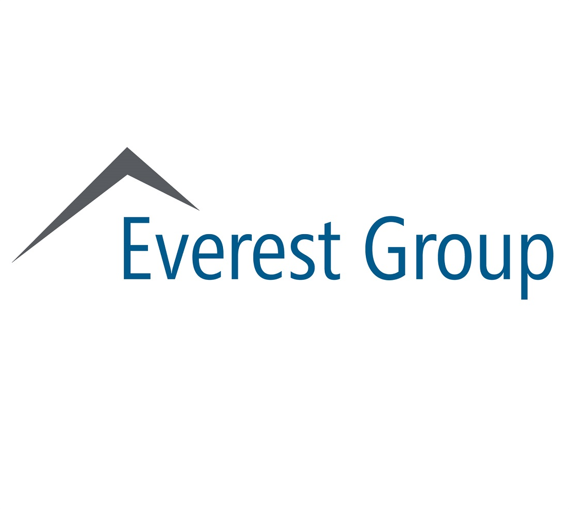
Diversity is Gaining Ground in BPS – Why your Organization Should Care
Reposted from Everest Group. Authored by Aishwarya Barjatya | Senior Analyst and Rita N. Soni | Principal Analyst, Impact Sourcing & Sustainability Research.
While not new concepts to the services industry, the COVID-19 pandemic has increased the number of boardroom discussions on diverse hiring practices, especially with the ongoing talent shortage. Having a diverse workforce can provide numerous benefits, making it the way forward for the Business Process Services (BPS) industry. To learn more about why your organization should pay attention to supplier diversity, Impact Sourcing (IS), and Diversity, Equity, and Inclusion (DE&I), read on.
What do these terms mean?
- Supplier diversity: Constitutes the percentage of diverse providers within an enterprise’s supplier portfolio. This overarching term means encouraging partnering with businesses owned by minorities, women, veterans and service-disabled veterans, members of the LGBT community, and other historically underutilized businesses, and small business concerns for business procurement
- Impact sourcing: Socially responsible business process outsourcing that enables global companies to improve business outcomes by hiring and providing career development opportunities to people who generally have limited employment prospects
- DE&I: According to datapeople.io:
- Diversity is the demographic makeup of an organization’s workforce. The unique aspects that make one person different from another person is diversity, whether it’s gender, ethnicity, physical ability, age, national origin, socioeconomic background, religion, or a combination of any of those aspects (known as intersectionality)
- Equity levels an uneven playing field by providing everyone with equal access to opportunity
- Inclusion is the environment an organization fosters for candidates and employees. An inclusive workplace is one where all candidates and employees feel welcome. It provides all candidates with equal opportunities for employment, job success, and organizational advancement
Why should we pay attention?
Diversity is an important conversation happening right now because hiring individuals with diverse backgrounds and thoughts can result in greater innovation and more creativity. Bringing together different perspectives influenced by varied life experiences can enhance the creation, function, and delivery of products and services. Along with this richness in thinking come tangible financial benefits beyond lower operational costs. Thus, impact sourcing is impactful sourcing – for the bottom line too!
According to Everest Group research, hiring IS workers and having a diverse workforce can provide the following benefits:
| Tangible benefits | Intangible benefits |
| Lower Total Cost of Ownership (TCO) – TCO for IS workers is 3-10% less compared to traditional workers because of lower attrition costs | Greater Employee Engagement – Having an involved and motivated workforce generates long-term savings as companies spend less time recruiting and training |
| Operational performance – IS workers have a track record of meeting target Key Performance Indicators (KPIs) | Competitive advantage – Being viewed as a socially-responsible employer can help companies win business and attract employees |
| Multilingual/vernacular language services delivery – Diversity and impact sourcing help companies access a large pool of skilled, high-potential yet under-utilized talent | Fulfillment of corporate social responsibility and diversity objectives – Companies can contribute towards their CSR goals by employing IS and diverse workers |
| Lower attrition – Attrition among IS workers is significantly lower than traditional workers | Direct and indirect positive community impact – Five to six family members or related individuals benefit from every IS worker hired |
Why now?
We’re seeing the Great Resignation and a talent war play out in the services industry. As companies reassess their talent and hiring strategies and working models for the future of work, they’re thinking about previously untapped talent in rural areas and tier-3 and -4 towns and cities. These locations have gained attractiveness due to the pandemic-induced mainstream prevalence of hybrid and remote working, ubiquitous high-speed internet, and infrastructure availability for a work-from-anywhere setup.
Hiring from diverse communities is a win-win for all, especially now. At the same time, establishing and practicing norms and values of inclusion and equity among employees will help foster more engaged and productive employees, lowering attrition and associated new-hire training costs.
Alorica is actively focusing on diversity; it’s the largest minority-owned BPO and a global certified Minority Business Enterprise. It is also certified by the National Minority Supplier Development Council (NMSDC) and the Southern California Minority Supplier Development Council (SCMSDC)
To read the original blog article, visit : https://bit.ly/3pKyCI2